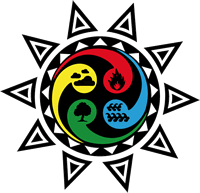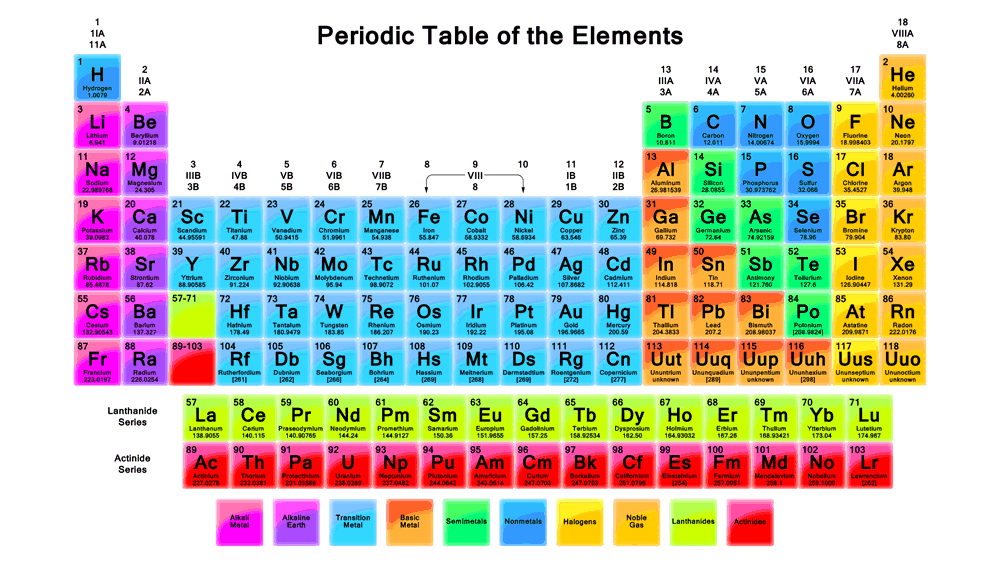
Seeing Hearing Touching Tasting Smelling
Mind Spirituality Druids Taoists Tantrics
Sacred Circle Garden Wuxing Eight Trigrams
Months and Seasons Gardening Cloud Hands Blog
"The modern scientific Periodic Table of the Elements is
generally credited to
Dmitri Mendeleev 1834-1907, who developed it in 1869 to illustrate periodic
trends in the properties of the then-known elements; the layout has been refined
and extended as
new elements have been discovered and new theoretical models developed to
explain chemical behavior."
- Periodic
Table of the the Elements - Wikipedia

Aether (Void, Space, Emptiness, Quintessence, Ether, Subtle)
Mind (Spirit, Consciousness, Soul, Awareness, Non-Material Being, Supernatural, Divine)
"The existence of the five elements can also be
found in India, predating their use in Greece. The pancha mahabhuta, or
"five great elements", of
Hinduism
are
kshiti or
bhūmi (earth),
ap
or jala (water),
tejas or
agni (fire),
marut or
pavan (air
or wind),
vyom or shunya or akash (aether
or
void). Hindus believe that all of creation, including the human body, is
made up of these five essential elements and that upon death, the human body
dissolves into these five elements of nature, thereby balancing the cycle of
nature. According to one of the principal texts of Hindu philosophy, the
Tattwa Kaumudi authored by
Vacaspati in the 9th century A.D., the
Creator used akasha (ether), the most "subtle" element, to create the other
four traditional elements; each element created is in turn used to create the
next element, each less subtle than the last. The five elements are associated
with the five senses, and act as the gross medium for the experience of
sensations. The basest element, earth, created using all the other elements, can
be perceived by all five senses - hearing, touch, sight, taste, and smell. The
next higher element, water, has no odor but can be heard, felt, seen and tasted.
Next comes fire, which can be heard, felt and seen. Air can be heard and felt. "Akasha"
(ether) is the medium of sound but is inaccessible to all other senses."
-
Classical Five Elements
- Wikipedia
The Spirit of Gardening
Website
Over 3,800 Quotations, Poems, Sayings, Quips, One-Liners, Clichés, Quotes, and
Insights
Arranged by Over 250 Topics
Over 15 Megabytes of Text
Over 20 Million Webpages (excluding graphics) Served to Readers Around the World
From January 1, 1999 through December 31,
2010 from the Spirit of Gardening Website.
Compiled by Mike Garofalo
E-Mail
Last modified or updated on July 5, 2012